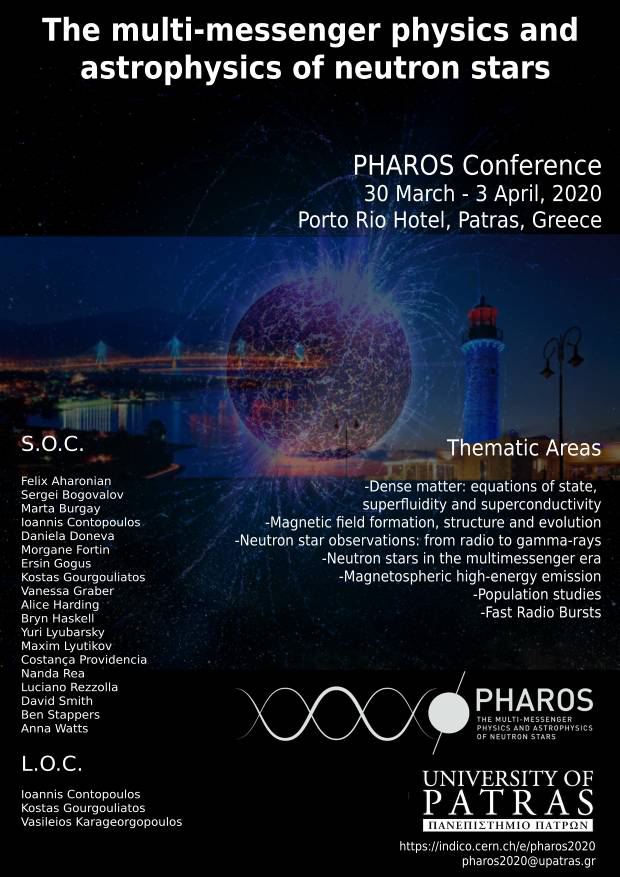Speaker
Description
We are using the central "Superterp" core of the LOw Frequency ARray (LOFAR) to perform the LOFAR Tied-Array All-sky Survey (LOTAAS) for pulsars and fast radio transients. Each pointing of the survey covers 67 square degrees of sky in the range of 119 to 151 MHz and is observed for one hour. We then employ both periodicity and single pulse searching codes to look for astrophysical signals. LOTAAS has already resulted in the discovery of 73 radio pulsars, including the pulsar with the longest known spin period (P = 23.5 s). We are now reprocessing the LOTAAS dataset using a Fast Folding Algorithm (FFA) to search for periodic signals, which, for periods longer than around 200 ms, should be more sensitive than the Fast Fourier Transform (FFT) technique employed previously. This presentation lays out the first results to come from this reprocessing.

